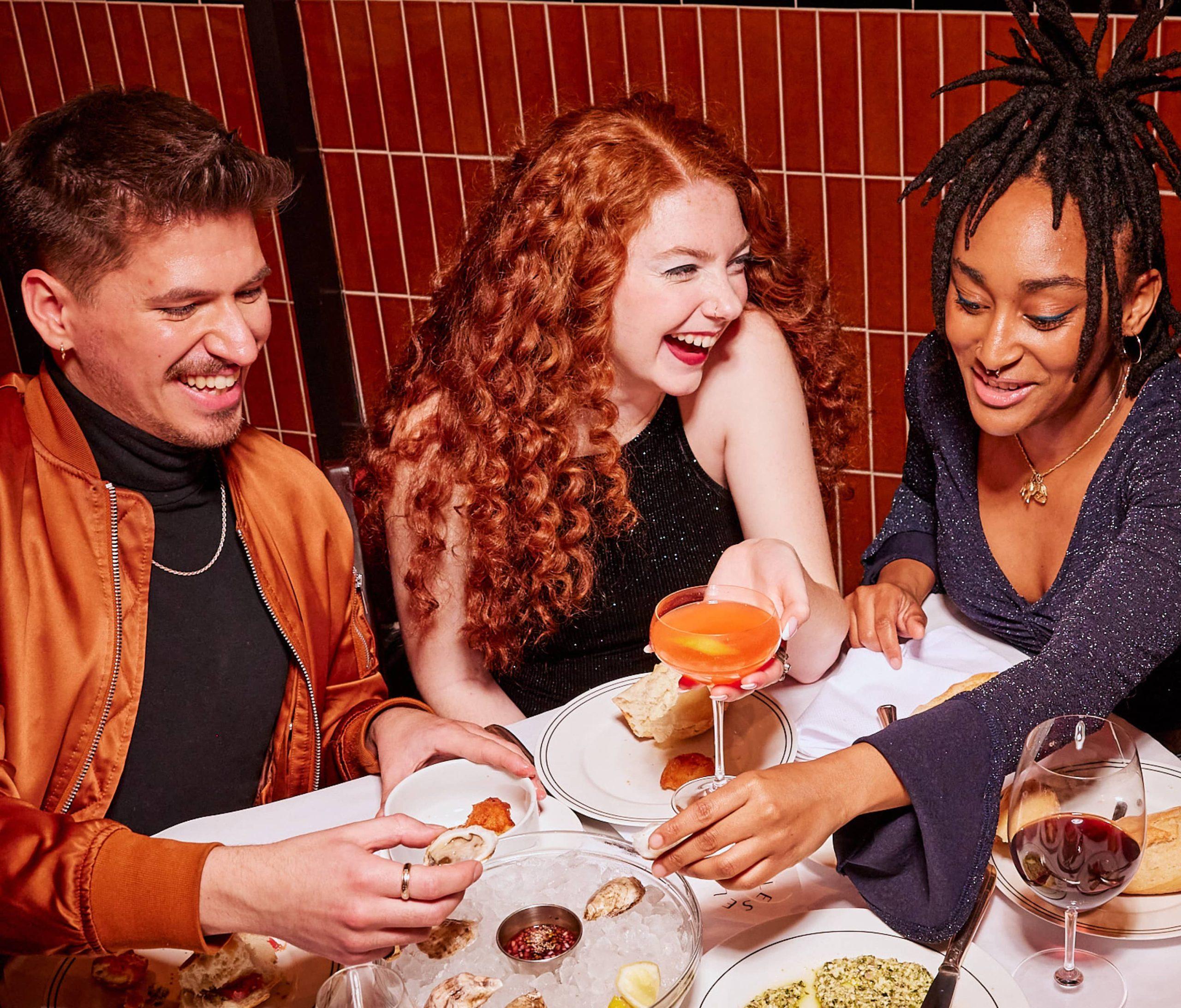OpenTable spoke to the founder and CEO about how he made crowdfunding work for his brand. M Restaurants is the first high end restaurant brand to use a crowdfunding model to generate investment. Not only did the news of this unique way of expanding an already successful brand make it into the papers, but the work behind the campaign helped the business to raise a million pounds in the first three hours hours of going live, hit its £1.3m target in less than 60 hours and reached a funding total of £1.65m by the time it was all over. The result? A brand new M restaurant, M Social, will open Twickenham and a new members lounge will be built in M Threadneedle Street.
“Break the barrier”
Founder Martin Williams said he wanted the business to be the first to “break the barrier” into crowdfunding for restaurant investment and to make the opportunity available to a wider range of people, much in the same way the M restaurants are focused on making high quality food and drink accessible to anyone who wants to try it, whether they’re ordering a steak priced under £20 or the Kobe beef.
“We’re very keen to weight the value of each guest equally and this was an opportunity to do the same with restaurant investment,” he said. Traditionally, this has been an area of business only available to millionaires, but “these are big ambitious restaurants, and we want people to join us on the journey and give them a sense of belonging and loyalty to the brand,” he said.
The crowdfunding campaign created 300 new investors who could not only buy into the M brand directly but also receive different levels of rewards. People could put in anything from £200 to £10,000 or more, and received a range of perks from discounts at the restaurants to membership of the private members lounge M Den accordingly.
“Warming up”
But most of the work took place before the point of the crowdfund going live. Williams spent two months “warming up” potential investors and getting pre-pledges. Williams was targeting a financially savvy demographic who either already knew or would want to buy into the M brand, and spread the message of the campaign further through marketing and PR work by utilising the business’ database of diners and securing coverage in the Telegraph, Evening Standard and City AM, among other publications.
Insights and advice
“The biggest piece of advice I would give is that the launch almost needs to be the final stage of the campaign,” Williams said. He outlined that the challenge of using a crowdfunding model is that if a business doesn’t reach its target is doesn’t receive any money whatsoever. “You need to do a lot before [launch] to guarantee it’s success, and what happens as a result is that people want to jump on board because they see it as successful, and it becomes an upwards spiral,” he said.
The advice from the crowdfunding platform that M Restaurants used, Seedrs, was to “know when to leave the party”. Williams said the business purposely kept its target low but factored in the likelihood of overfunding, which happened, and how the extra money would be spent on the new M Den.
Williams chose to create an equity based investment model for the campaign as the company had been trading for less than two years at the time of launch, meaning the other crowdfunding option of raising a bond was not available. Despite the success of his campaign, he would recommend the bond element were the business to go through the process again, as “it’s still an exciting proposition to crowdfunding investors without giving away equity of your business”.
But for now, he’s got a brand new restaurant and members lounge to focus on.




